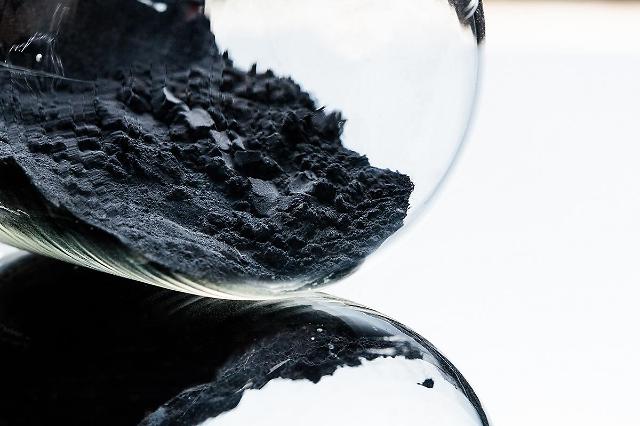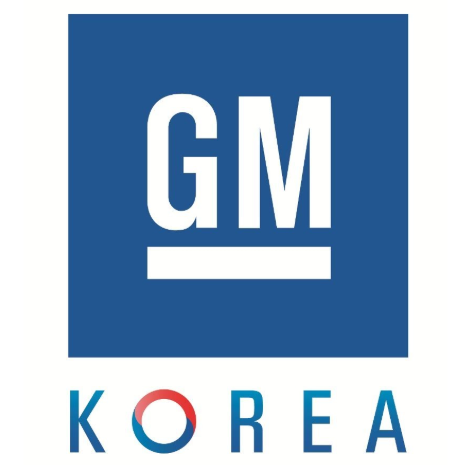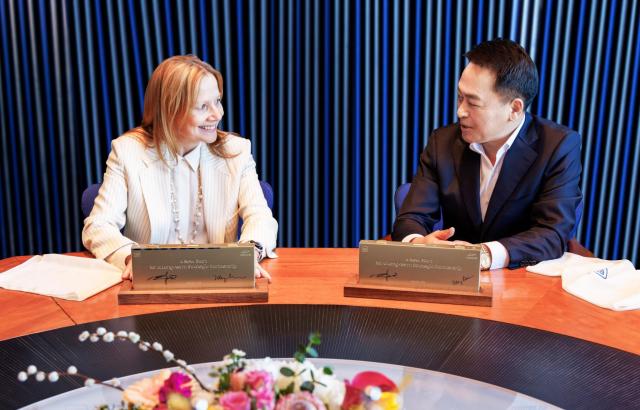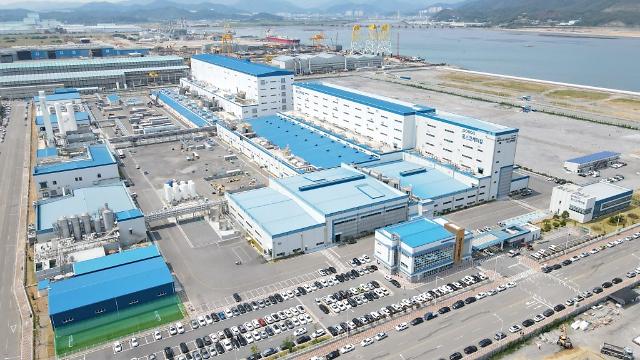
[Courtesy of LG Chem]
Cathode active materials that consist of components such as nickel and lithium determine the capacity and voltage of batteries. LG Chem signed a long-term supply agreement with GM to supply more than 950,000 tons of cathode active materials between the second half of 2022 and 2030 to cell plants run by Ultium Cells, a joint venture between GM and LG Energy Solution (LGES).
"This agreement builds on GM’s commitment to create a strong, sustainable battery raw material supply chain to support our fast-growing EV production needs," GM vice president Jeff Morrison said in a statement on July 27. He said the agreement would help GM secure the capacity of producing one million units of electric vehicles by the end of 2025.
LC Chem will supply NCMA cathode materials, which is an upgraded model of NCM that contains nickel, cobalt and manganese. The proportion of nickel is high so that battery producers can save costs and extend the driving range. NCMA increases stability by adding aluminum.
"Based upon a close collaboration with customers, LG Chem will further strengthen its position as a global leader in the market by producing the world’s best cathode materials," said LG Chem CEO Shin Hak-cheol.
LG Chem has tried to establish a stable supply network of raw materials for LGES through a series of preemptive investments and partnerships with foreign companies. In May 2022, LG Chem agreed to set up a joint venture with Tianjin B&M Science and Technology (B&M), the subsidiary of its Chinese partner, Zhejiang Huayou Cobalt.
Ultium Cells has unique technology to vertically or horizontally stack batteries to fit the shape of an electric vehicle. By 2025, Ultium Cells will secure an annual production capacity of more than 120 gigawatts-hours.
Copyright ⓒ Aju Press All rights reserved.





View more comments